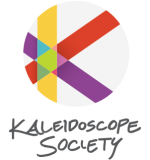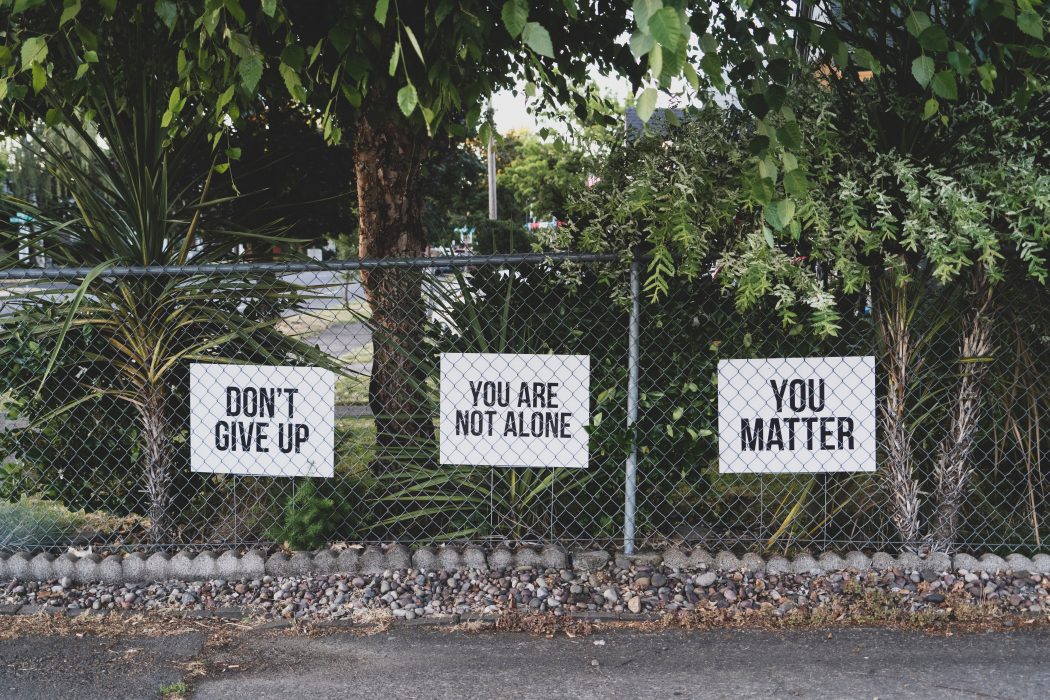Six months into the COVID-19 pandemic, individuals with ADHD are reporting increased anxiety and depression, and greater difficulty managing their symptoms according to a recent survey conducted by Kaleidoscope Society. Perhaps most alarming finding was that one in five respondents said they’ve experienced thoughts of suicide or self-harm in the past six months.
The survey invitation was emailed to our Kaleidoscope Society members and shared on Twitter in late September to understand how COVID-19 and related stressors are impacting the ADHD Community. Over 200 people participated. Individuals were asked to share their experiences in the past six months.
- 82% reported difficulty sleeping or concentrating.
- 81% said that it’s been more difficult to manage their ADHD symptoms
- 78% reported increased depression or anxiety.
- 60% said they’ve experienced intense feeling of social isolation and loneliness.
- 28% disclosed increased use of tobacco, alcohol and/or other substances.
- 21% reported thoughts of suicide or self-harm.
Loss of support structures
The COVID-19 Pandemic and resulting disruption to economy and social support have disrupted the structures many individuals with ADHD rely on to effectively manage their mental health.
Approximately one in four respondents said they have lost support services they rely on, and nearly one in three reported job loss, work hour reduction, or another major change to their employment.
Barriers to access treatment
The survey affirmed what we already know:
Having ADHD makes it difficult to manage having ADHD.
Consistently managing ADHD treatment requires a high level of executive functioning, attention to details, memory, organization, emotional regulation, and ability to activate yourself to complete tasks. — all of these things are impaired by ADHD.
Accessing ADHD medication is perhaps the most arduous of all. In the United States most ADHD medications are classified as “Schedule II,” controlled substances. That means that the federal government regulates how the drug is made, prescribed, and dispensed. It also means there are strict security measures put in place to guard against abuse.
The tragic irony of ADHD medication is that the security measures put in place to prevent abuse, actually prevent access for the people who need it most.
In order to get treatment you need a formal diagnosis which can be a complicated, lengthy and expensive process. If you are a woman or person of color, bias in the system may prevent you from getting an accurate diagnosis.
Assuming you get through all the hoops to get an accurate diagnosis, you then need to find a psychiatrist or a doctor who can prescribe you medication, schedule an appointment, attend the appointment, pick up the prescription from the pharmacy, and actually remember to take the prescription every day. And you have to do that whole process over again every month.
People with ADHD are struggling to get the care they need due to the barriers they face at every step of the way. A few response shared through our survey:
“I’m overwhelmed by the process of finding a new therapist and psychiatrist.”
“There are a lot of hoops to jump through when trying to schedule treatment.”
“My own ADHD and other mental illnesses, including severe depression, cause me to forget to pick up my own medicines.”
“It’s exhausting to pursue and follow up on options.”
“I’m not getting the support I need currently, because I can’t get through all the hoops to access the services that do exist.”
Call to action for the healthcare industry
Here are some things health care providers and mental health organizations can do to help:
We need to make ADHD treatment and support more ADHD friendly. People with ADHD have impaired executive functioning, so it is imperative that we design processes and procedures with cognitive accessibility in mind.
We must reduce the amount of hoops patients have to jump through to access treatment. These barriers make it impossible for many of us with ADHD to get the consistent help we need. Reduce the amount of paperwork and steps required to access care.
Provide a clear, straightforward, roadmap to help patients navigate the diagnosis and treatment process. Help patients take the first step, which often times can be the most overwhelming part.
Make it as easy as possible for patients to schedule appointments online. Don’t make patients with ADHD call in every month to make an appointment, this is a major barrier. Create automated recurring calendar appointments and text reminders to reduce scheduling burden and help patients remember appointments and prescription pick-ups.
Reach out instead of waiting on the patient to remember. Understand that to someone with ADHD it can feel extremely overwhelming at times to do something as simple as call and make an appointment. Be proactive and check in on your ADHD patients.
Advocate for accessible treatment. Advocate for Schedule II security measures that continue to safeguard against abuse, while removing the insurmountable barriers to those with ADHD.
Most importantly, we need your empathy and understanding. Please know we are trying our best, even if it doesn’t always look like it. The challenges we face may not seem like a big deal to people without ADHD, but to us they can feel insurmountable. Too often, ADHDers feel afraid or guilty asking for help because we are met with judgement, our challenges are minimized, we are told our ADHD “isn’t real” or that we should be able to “just do it” ourselves. Don’t wait for us to ask for help, be the one to follow up.
Kaleidoscope Society’s “ADHD Support During COVID” survey was open from September 23 to October 4, 2020, and was completed by 211 respondents.
ADHD is real and can be overwhelming. If you are struggling to cope with the stress of the COVID-19 pandemic, resources are available for you on the CDC Website. The National Suicide Prevention Lifeline is available 24 hours a day at 1-800-273-TALK (8255) for English, 1-888-628-9454 for Spanish, or Lifeline Crisis Chat.

